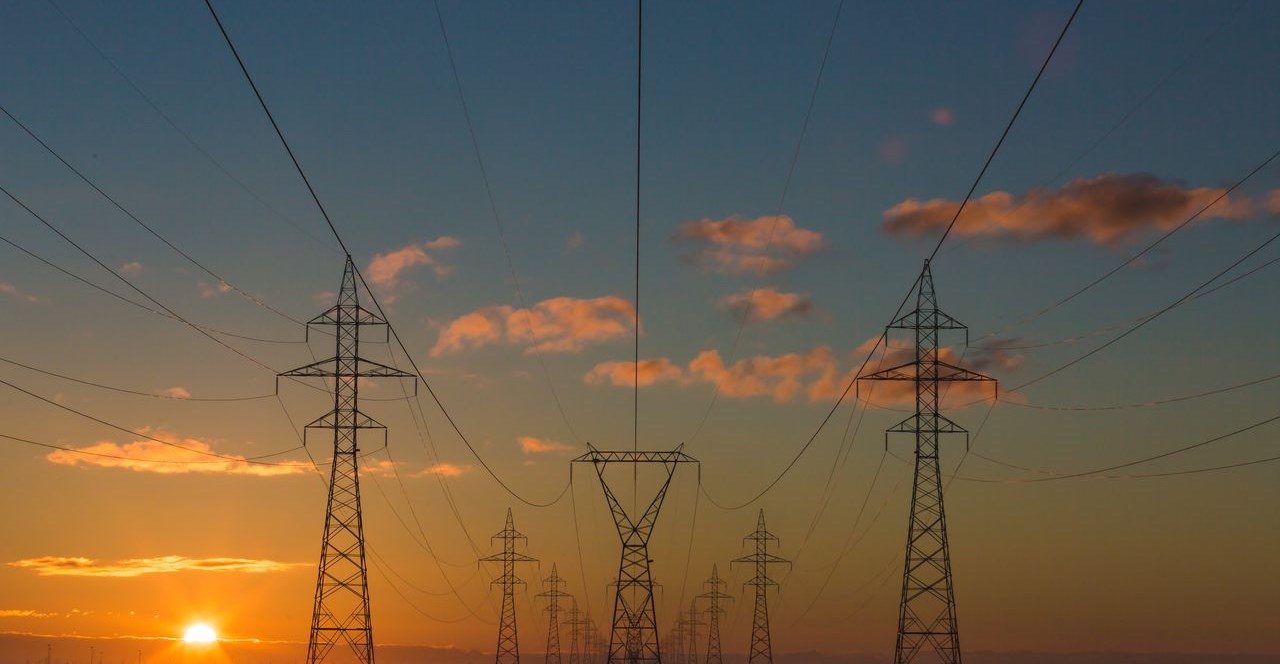Climate transition, new technologies, and a changing geopolitical landscape impose new demands on our energy systems. By increasing decentralization, user flexibility, and energy storage, the resilience of energy systems can be enhanced, reducing vulnerability to geopolitical conflicts and supporting climate adaptation. This transdisciplinary project, with Gothenburg as a case study, aims to develop a deeper understanding of how local energy systems can become more resilient. By developing and applying energy system modeling, combined with analyses of implementation conditions at the municipal level, the project will provide new insights into how cities can lead the way toward more sustainable energy solutions.
Goal of the project
The overall goal of the project is to develop new knowledge on the potential for a more decentralized local energy system and how such can enhance energy resilience with focus on the electricity system and efficient sector integration. This contributes to necessary institutional capacity for the development of more resilient local energy
systems.
The project team will develop an integrated socio-technical approach to understand how a more resilient local energy system can be achieved through more effective intra- and
interorganizational collaboration.With this project we want to break new theoretical ground and contribute to new socio-technical theories and practices adjusted to the era of significant transitions and demands to rethink energy systems.
We address the transition towards a resilient energy system through a techno-economic analysis of how the city energy system can be transformed with focus on resilient electrification, how the City’s organization can be arranged that facilitate learning for sustainable urban futures and collaboration strategies for efficient implementation of strategies towards resilience. We will specificlly focus on:
- Definition of city energy resilience.
- To define organizational strategies for city energy resilience.
- Understanding the preconditions for implementing city energy resilience
- Increased knowledge and awareness of city energy energy resilience.
The project team includes researchers from Linköping University (LiU), Lund University (LU) and Chalmers University of Technology (CUT), as well as the City of Gothenburg as a partner. The project is running from 2024 - 2029.



